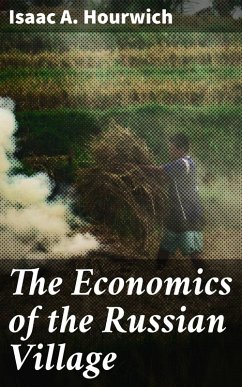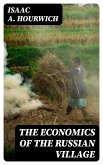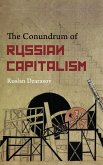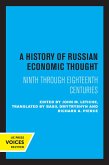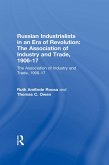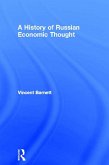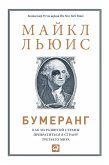In 'The Economics of the Russian Village,' Isaac A. Hourwich delivers a comprehensive analysis of the socio-economic structures of rural Russia during the late 19th and early 20th centuries. Employing a meticulous blend of statistical evidence and ethnographic insight, Hourwich intricately examines the village economy, agrarian practices, and the intricate relationships among land, labor, and capital. His literary style is characterized by clarity and rigor, emphasizing a systematic approach that allows readers to grasp the complexities of agrarian life against the backdrop of emerging industrialization, making it a seminal work in agricultural economics and rural sociology. Hourwich, a scholar originally trained in the social sciences, was deeply influenced by the transformative historical context of his time, particularly the socio-economic upheavals in Russia. His background, reprising themes of migration and development, likely propelled him to explore the dynamics of Russian village life, seeking to understand both its economic systems and its place within broader societal changes. His expertise affords the book an authoritative voice, drawing from both empirical data and historical narrative. This meticulously researched work is essential for scholars of Russian history, economics, and sociology. Readers interested in the interplay of tradition and modernization in agrarian societies will find Hourwich'Äôs insights invaluable. 'The Economics of the Russian Village' not only informs but also challenges contemporary perspectives on rural economics, making it a critical addition to any academic library.
Dieser Download kann aus rechtlichen Gründen nur mit Rechnungsadresse in A, B, BG, CY, CZ, D, DK, EW, E, FIN, F, GR, H, IRL, I, LT, L, LR, M, NL, PL, P, R, S, SLO, SK ausgeliefert werden.

